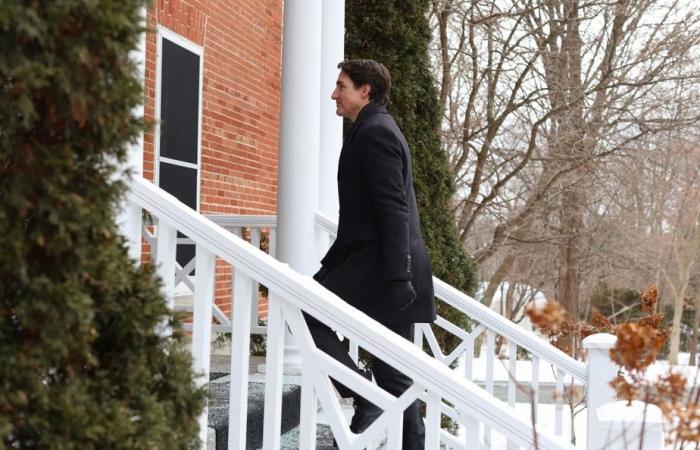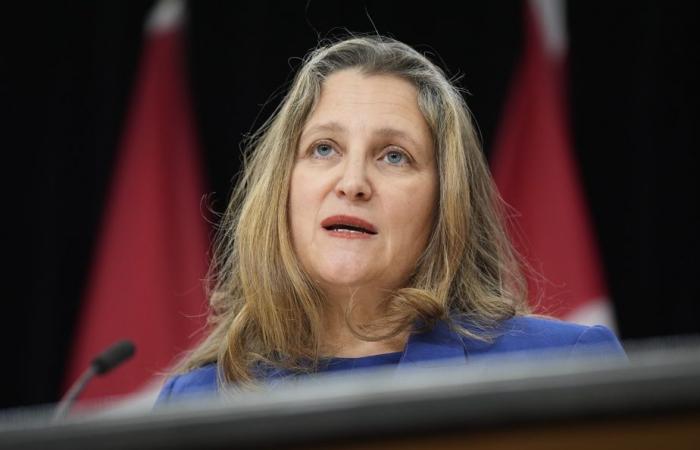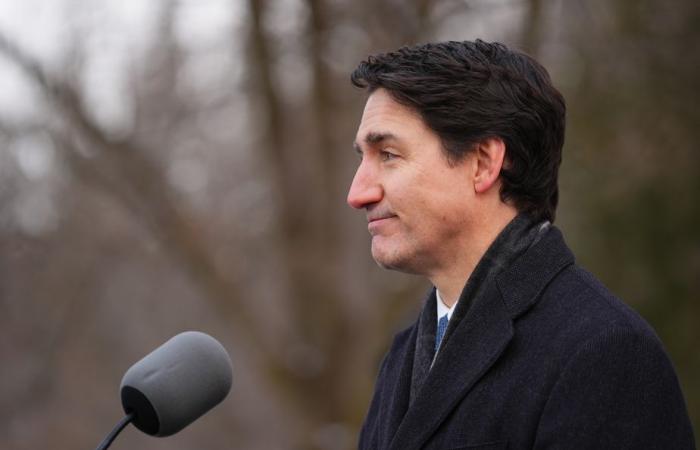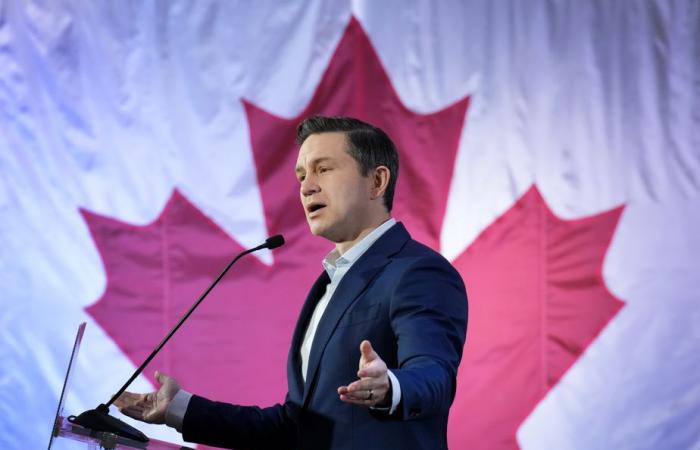The Press interviewed three experts to decipher Justin Trudeau’s resignation speech, to better understand its ins and outs.
Posted at 2:52 p.m.
Updated at 3:42 p.m.
Why now?
“People who are interested in politics expected this decision. His minutes were numbered,” says Thierry Giasson, professor in the political science department at Laval University.
To justify his departure, Justin Trudeau cited, as the main reason, the paralysis of parliamentary work, which has continued for months. However, according to experts, it was rather tensions within his own party that pushed him to resign, with the tipping point being the shattering departure of Chrystia Freeland.
PHOTO ADRIAN WYLD, CANADIAN PRESS ARCHIVES
Chrystia Freeland
Also read “Freeland leaves Trudeau cabinet and denounces “costly political tricks””
“It’s really something that struck me in his speech,” underlines Frédérick Bastien, professor in the political science department at the University of Montreal. It is as if he had not yet absorbed the dissensions, the lack of support within his cabinet. »
An opinion shared by Justin Massie, full professor in the department of political science at the University of Quebec in Montreal.
He clearly hasn’t listened to his caucus for months, he hasn’t taken note of Canadians’ desire for change.
Justin Massie, full professor in the political science department at the University of Quebec in Montreal
“And if he hadn’t tried to demote Freeland, we might not be here today,” he says.
Thierry Giasson, however, has a different reading: if Justin Trudeau did not dwell on these tensions, it is not for lack of lucidity, but rather to save face. “It’s really an exercise in political communication,” he emphasizes.
What do we think of the assessment he draws up?
Asked about his greatest pride during the question period, Justin Trudeau notably mentioned having “reduced poverty” and “helped families”. “We have created an economy that works,” he added.
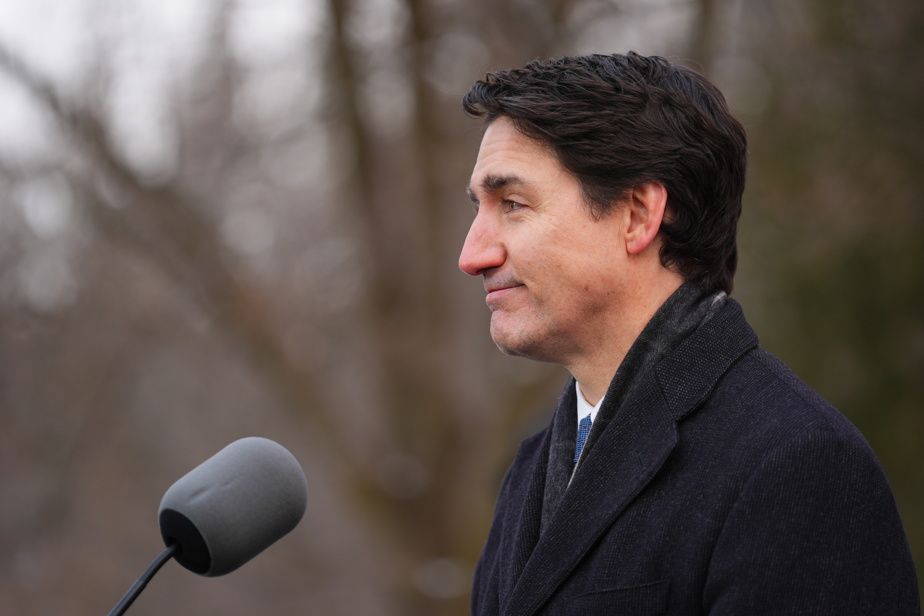
PHOTO SEAN KILPATRICK, THE CANADIAN PRESS
Justin Trudeau during question period
All this in a context where inflation has hit households hard in recent years, and where the government presented, in mid-December, a much higher deficit than anticipated.
“There really is a gap. We are not at all in repentance,” analyzes Frédérick Bastien.
“He seems disconnected from the reality of Mr. and Mrs. Everyman,” adds Justin Massie.
What image did he want to convey in his speech?
Justin Trudeau has repeatedly used terms relating to the war, presenting himself as a “ fighter » who “fought for his country”, and who “does not back down easily from a fight”.
He still wants to show himself as the man for the job. […] He wants to show that it is not his desire to leave.
Thierry Giasson, professor in the political science department at Laval University
“He remains convinced that he could have done better than anyone else and won the next election,” explains Justin Massie. You could call it ego, or hubris. »
What are the next steps?
With the prorogation of Parliament until March 24, Justin Trudeau gives his party time to organize elections to designate a new leader of the Liberal Party. The latter will then take his place as prime minister, and will face Pierre Poilievre in the next elections, which should probably be held in the spring.
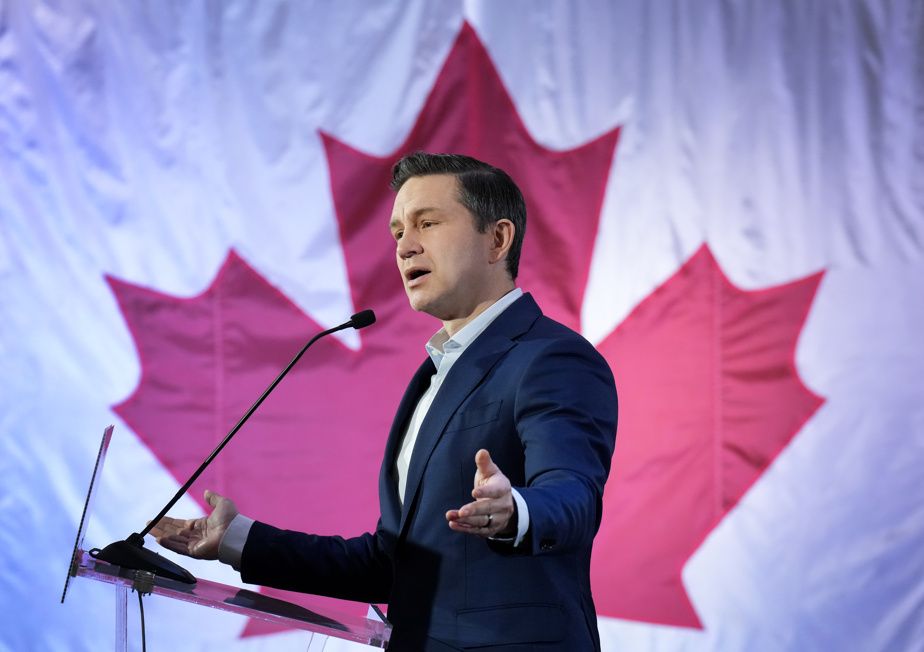
PHOTO NATHAN DENETTE, CANADIAN PRESS ARCHIVES
Conservative Leader Pierre Poilievre
The way in which the new leader will be designated (date, voting method, etc.) will be defined by the Liberal Party in the coming days.
“I’m curious to see what’s going to happen.” Who will raise their finger, or who will stop themselves from going there. It’s going to be interesting,” comments Thierry Giasson.
He believes it is likely that at the end of this, Justin Trudeau will leave politics. “I would be very surprised if he ran again as an MP. »
Why delay before calling the elections?
A new person would therefore take Justin Trudeau’s place by March 24, only to suffer, shortly after, a probable defeat against the Conservatives – if the polls are to be believed. Is this really a good strategy?
“He chose to leave on his own terms, but it may be a little late,” underlines Thierry Giasson. That’s a lot to ask of his party. »
For Justin Massie, a better strategy might have been to call an election now. “He could have embodied this defeat and left it to his successor to initiate a transition to build an opposition party,” he explains.
By doing this, Justin Trudeau leaves Canada in a weak position, just as Donald Trump is preparing to reconquer the White House on January 20.
“Time will tell if it was the right choice,” says Justin Massie.
Also read “Canada in a weak position”

